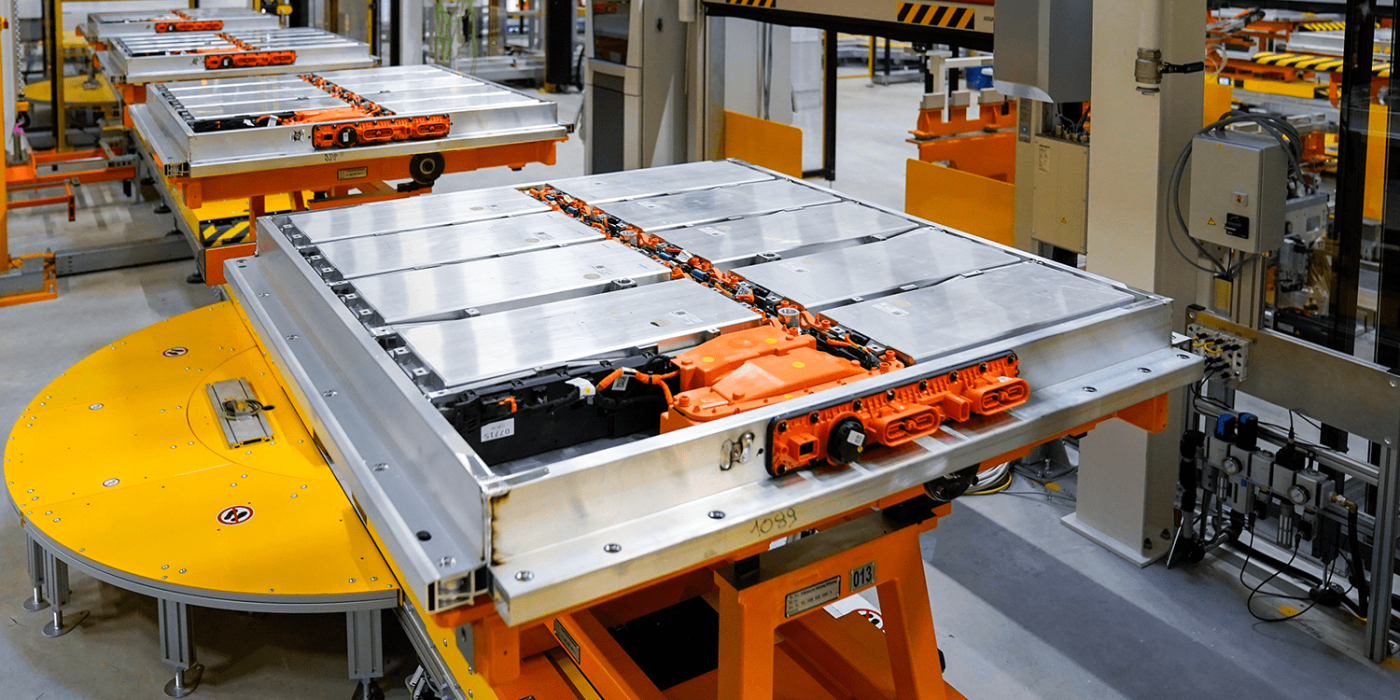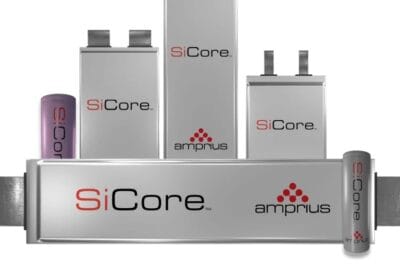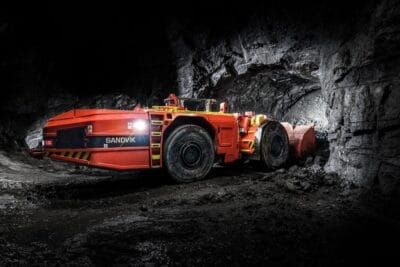Volkswagen may build its next battery factory in Indonesia
The Volkswagen Group is allegedly planning a battery factory for electric cars in Indonesia. Citing Ikmal Lukma, Secretary of the Indonesian Ministry of Investment, local media report that Volkswagen intends to invest around €4.7 billion in the factory.
Construction is to begin this year. The location has already been determined but has yet to be disclosed. According to Ikmal Lukma, the investment will be made by Volkswagen’s battery subsidiary PowerCo. The carmaker will allegedly also produce EVs at the site. Other key data – such as production capacity or the planned start of operations – are not mentioned. It is also noticeable that only the term “battery factory” is mentioned, which could also mean pure battery assembly in addition to cell production. However, if the investment sum of around €4.7 billion is confirmed, this speaks in favour of battery cell production, which is considerably more expensive than pure assembly.
A few weeks ago, it was leaked that PowerCo wants to build an ecosystem for electric vehicle batteries in Indonesia together with partners. Reuters reported this in mid-April, citing statements by Indonesian Investment Minister Bahlil Lahadalia. PowerCo is to cooperate with Ford, the mining company Vale and the battery material manufacturer Huayou Cobalt, among others. According to the investment minister, the French mining company Eramet and several Indonesian firms are also on board.
According to a separate announcement sent in April from the office of Indonesian President Joko Widodo, the unspecified investment in the battery ecosystem will also be made by VW’s battery subsidiary PowerCo. Details are unknown, but given the local raw material deposits, a focus on nickel makes sense – also because of the cooperation partners. Ford announced investments in a nickel processing plant in Indonesia with Vale and Huayou Cobalt at the end of March.
Recently, there have been repeated concerns about safety standards in Indonesian mines. Since the country has the largest nickel reserves worldwide and wants to profit from the downstream processing steps around the metal, President Widodo announced stricter monitoring of safety and environmental standards in March. Minister Bahlil now also sees the investment interest from European companies as evidence that concerns around the mines are being alleviated.
PowerCo recently told electrive that it will set up factories with at least 240 GWh of capacity by 2030. At “Power Day” in 2021, VW initially said that this capacity would be built in Europe alone and that it would set up six factories with a capacity of 40 GWh each on the old continent. However, the company is now moving away from a set number of production sites – and that the planned 240 GWh will also include production capacities outside of Europe.
The only cell factory VW has so far confirmed outside of Europe is the 90 GWh plant in St. Thomas, Canada, where it receives substantial subsidies from the Canadian government. Salzgitter, Germany, and Sagunt, Spain, have been chosen as locations for Volkswagen’s battery cell factories in Europe. And VW is partnering with Northvolt in Sweden to produce the unified cell. Talks are also underway for a plant in Eastern Europe, but VW postponed a concrete decision on location and investment – also because of the economic uncertainty and high energy prices in the region.
kumparan.com (in Indonesian) via dealstreetasia.com





0 Comments